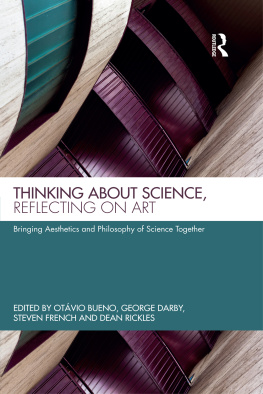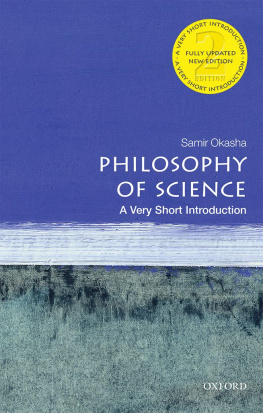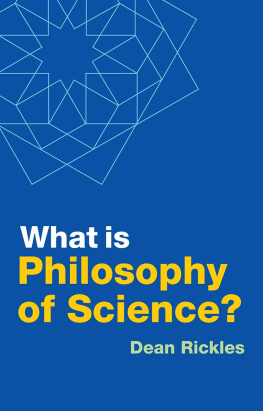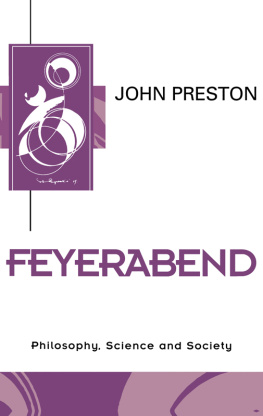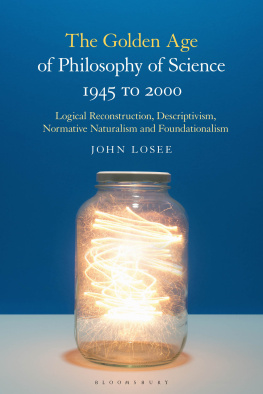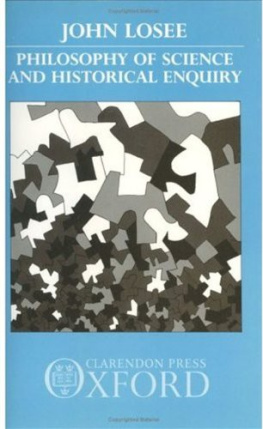Contents
Guide
Page List
I couldnt possibly list all the writers, readers, teachers, and students who played a role in the genesis of The Knowledge Machine, even if I could tease apart the tangled lines of influence and figure out who had prompted, or gently undermined, which ideas. Two of the most important influences, however, have been my former colleague Peter Godfrey-Smith, who helped me to appreciate better the history and sociology of science and with whom I first taught Kuhn, Popper, and many of the other figures in this book, and Philip Kitcher, whose work inspired my first investigations of the social structure of science and who has been a reliable source of insight and support ever since.
Many friends read and commented on various parts of the manuscript: Joy Connolly, Erik Curiel, Rebecca Goldstein, Leanna McLennan, Ashle Miller, Marco Nathan, Katie Tabb, and J. D. Trout. I thank them, along with Trevor Teitel, for his help in searching the physics literature for nonexistent references to beauty, and Maya Jasonoff, for a bracing excursion through the space of all conceivable titles. Thanks also to the Kavli Foundation and to Steve Hall and Gary Marcus for an inspiring but only too brief education in the art of science writing.
This book would have been quite different, and far inferior, without the exacting attention of two editors: Bob Weil, my editor at Liveright, and Jessica Loudis. Bobs finely judged blend of patience and exasperation, exerted over five long years of writing and revision, was more than any writer could have reasonably expected. I am deeply grateful. It is equally difficult to imagine making it through that long period of gestationroughly three elephants worthwithout the support and advice (not always concerning writing) of my agent, Chris Calhoun.
As for the business end of the book, I have much appreciated the care and attention of all the people at Liverightin particular, Gabe Kachuck, Phil Marino, and Marie Pantojan, to name those I worked with directlymy scrupulous copyeditor, Janet Greenblatt, and my indefatigable, unsurpassable image researcher, Trish Marx.
Finally, my thanks to the Magnusons for the use of the Moog, where the book began and prospered.
ALSO BY MICHAEL STREVENS
Thinking Off Your Feet: How Empirical Psychology
Vindicates Armchair Philosophy
Tychomancy: Inferring Probability from Causal Structure
Depth: An Account of Scientific Explanation
Bigger than Chaos: Understanding Complexity through Probability

Karl Poppers and Thomas Kuhns profoundly different theories of the way science worksand the idea they share that points the way to the truth
I N 1942, Karl Popper was excavating the bones of a gigantic extinct bird, the monumental moa, near Christchurch, New Zealand. A position teaching philosophy just north of Antarctica was his refuge from Hitlers armies, which had marched into his home city of Vienna four years before.
When he was not prospecting for oversized avian remains, he was hard at work writing The Logic of Scientific Discovery.
The ideas in that book would change the way generations of physicists, biologists, economists, and philosophers would think about the scientific method. After Popper moved from New Zealand to take up an academic post in Britain in 1946, he was elected a Fellow of the Royal Society, knighted by Queen Elizabeth II, and declared by the Nobel Prizewinning biologist Sir Peter Medawar to be philosopher of science that has ever been.
Popper, born in 1902, turned 12 the day that Austria-Hungary declared war on Serbia, precipitating the Great War. He came of age in the social and economic devastation that followed. , he later wrote, were in every respect decisive for my intellectual development. They made me critical of accepted opinions, especially political opinions. He continued:
The famine, the hunger riots in Vienna, and the runaway inflation... destroyed the world in which I had grown up.... I was over sixteen when the war ended, and the revolution incited me to stage my own private revolution. I decided to leave school, late in 1918, to study on my own.... There was little to eat; and as for clothing, most of us could afford only discarded army uniforms.... We studied; and we discussed politics.
For a few months, Popper threw in his lot with the communists, only to back away after a violent demonstration led to several protesters deathsa consequence, he thought, not only of police brutality but also of the demonstrators tactical aggression.
He remained a socialist, however, and around 1919 resolved to take up manual work. At this time he was squatting in an abandoned wing of a former military hospital, feeding himself by tutoring American university students. The experiment with blue-collar labor turned out badly: he was, he tells us, too feeble to wield a pickaxe and too distracted by philosophical ideas to produce the straight edges and square corners required of a cabinetmaker. Abandoning these pursuits, he became a social worker, caring for neglected children. Not much later he left behind socialism itself, reasoning that while freedom and equality are both much to be desired, to have both was impossibleand in the end,
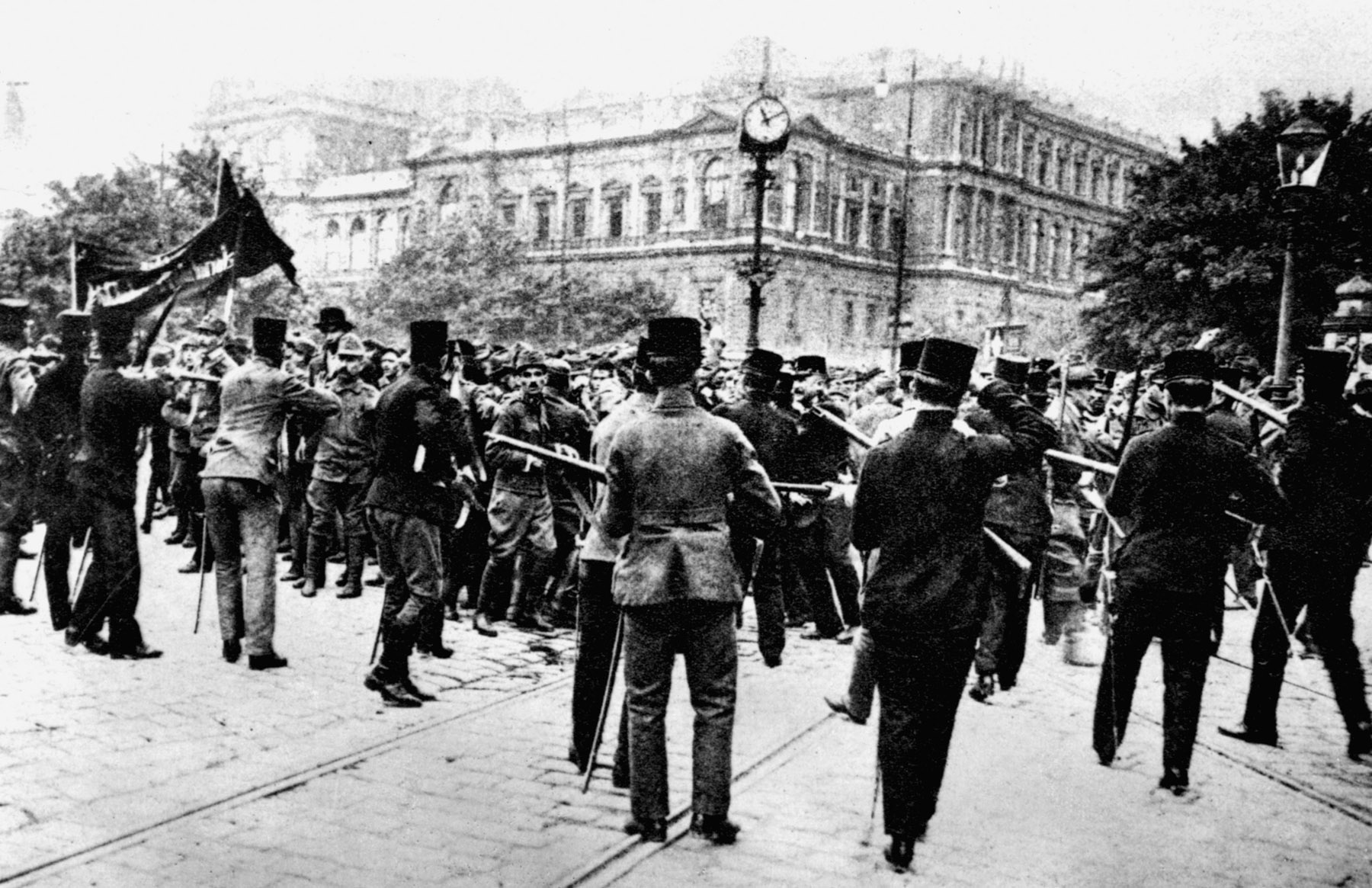
In the same year, Popper heard Einstein lecture on his new theory of relativity: that I was dazed. This thing was quite beyond my understanding. But he was struck by Einsteins willingness to subject his theory to empirical tests that might disprove it:
Thus I arrived, by the end of 1919, at the conclusion that the scientific attitude was the critical attitude, which did not look for verifications but for crucial tests; tests which could refute the theory tested, though they could never establish it.
In that single italicized word germinated Poppers greatest and most influential idea.
The idea had its roots in a conundrum posed by the Edinburgh philosopher David Hume in 1739, in the first decades of the Scottish Enlightenment. Imagine Adam, mused Hume, waking in Eden for the first timenaked, alone, wholly unspoiled by knowledge of any sort. Wandering through the primeval woods, he makes some elementary discoveries: fire burns, fruit nourishes, water drowns. Or more exactly, he makes some particular observations: he burns his fingers in some particular fire; he finds some particular pieces of fruit from some particular trees nourishing; he sees some particular animal drown in some particular river. Then he generalizes, using all his newborn wit: best you avoid getting too close to any fire; best to satisfy your hunger by eating fruit from that kind of tree; and so on. This sort of generalization from experience is called inductive reasoning, or, for short, induction.
What, Hume asked, justifies these generalizations? Why is it reasonable to think that merely because this fire burned you yesterday, it will burn you again today? Its not that Hume was recommending that you plunge your hand into the flames any time soon. He just wanted you to explain your reluctance.
There is an obvious answer to Humes innocent inquiry: things tend to behave the same way at all timesat least most things, most of the time. Fire will tend to affect flesh similarly, yesterday, tomorrow, and next week. So, in the absence of any other information, your best bet for predicting fires future effect is to generalize from the effects youve already seen. The practice of induction is justified, in other words, by appealing to a universal tendency to regularity or uniformity in the behavior of things. Hume considered this answer, and replied: yes, but what justifies your belief in uniformity? Why think that fires effects are fixed? Why think that future behavior is in general like past behavior?


